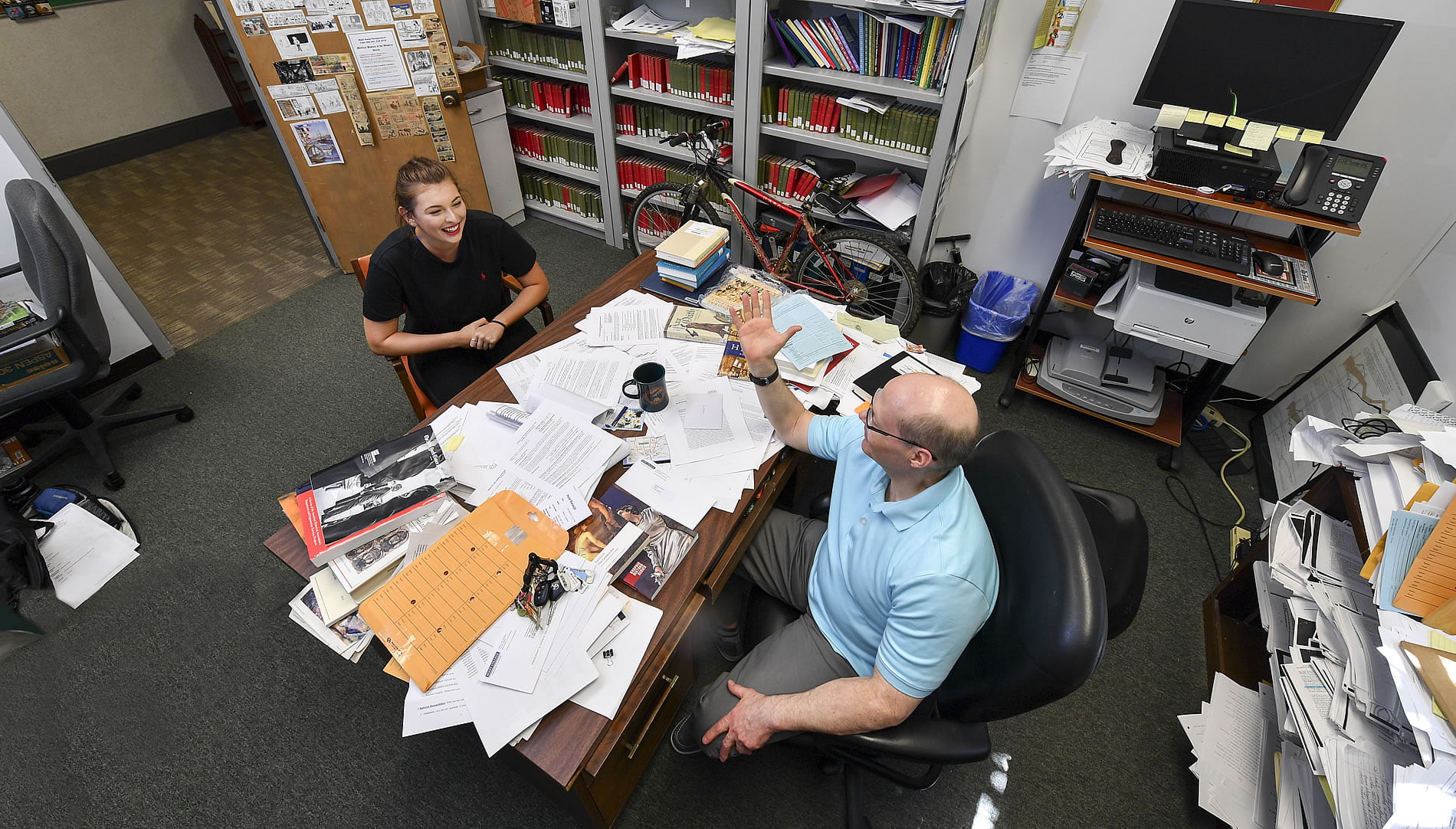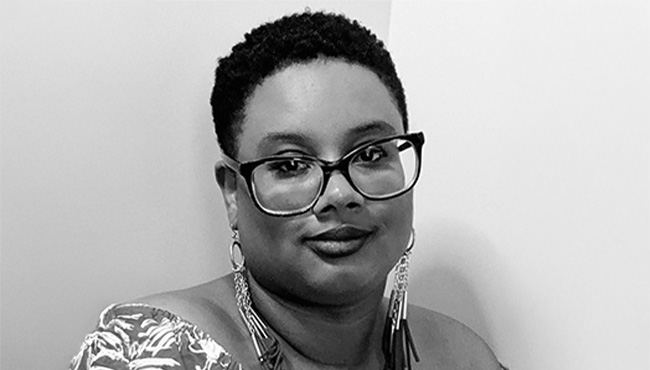Are you looking for someone to talk through the college admissions process with you one-on-one? Do you have too many voices guiding your college decision? No matter which boat you are in, there is an advocate worth considering — your high school guidance counselor. For those who are feeling alone in the college application process or for those wanting advice from outside their family unit, high school counselors are a great resource. Here’s why building a relationship with your high school guidance counselor will benefit your college search.
1. Getting perspective
Even if you don’t know your high school counselor very well, they have access to a bird’s eye view of your high school experience. These professionals know which classes you have taken and which ones you still need to take. They can tell where your strengths lie, and they also know where you’ve struggled. Because they have this unique perspective, high school counselors can help students see a broader view of the college decision, beyond the details and emotional aspects. Similarly, high school counselors can add a vantage point different from that of a family member or mentor since they are objectively invested in your school choice.
Start this relationship during your freshman year, if possible, so that counselors have a more intimate perspective on your record. With more time to know you personally, they will be able to write an even better letter of recommendation.
2. Finding the college fit for you
Another great reason to get to know your high school counselor is their knowledge of different colleges. High school counselors spend a significant amount of their time communicating with college admissions counselors. They work on college fairs together and help colleges share with high schoolers what makes their school unique. They are also the first to know about application requirement changes even before the information is live on college websites.
Lacey Herring, assistant director of admissions at Berry College, puts it this way: “If prospective students aren’t yet connected with an admissions counselor at schools they are interested in, their second-best connection to the latest information is a high school guidance counselor.”
Once a high school counselor knows you and has a clear understanding of your academic experiences and goals, they will often think of specific schools or colleges that match your needs. They might even know something about a school you don’t know.
For example, maybe you have been a part of something less common during your high school years — like a mountain biking team. What a cool experience! However, mountain biking may not be the first activity every college lists in their brochure. A high school guidance counselor would likely know that a school like Berry College has mountain bike trails on campus. Knowing your high school counselor gives you insider knowledge that will help you find the right fit.
3. Coordinating a College Visit
Once you begin to narrow in on the right college, you may want to visit several schools. High school counselors are again an important asset because they will know your high school’s college visit policy. High schools often have rules about how many days students can miss during the school week for college visits.
Contact your guidance counselor to help you plan your travel effectively and efficiently to meet those requirements. Because they also have relationships with admissions counselors, they might know when it is the best time to visit or when it is not a good time. For example, your counselor might know when college students are on breaks that don’t align with your high school’s break schedule. Again, staying in the loop with your guidance counselor rather than making plans on your own can be worth the extra effort.
4. Paying for College
Maybe the most advantageous part of working with a school counselor is having their help with the scholarship process. High school guidance counselors can not only help you think about scholarships specific to the colleges, but they can also help with local and state scholarships related to your interests and affiliations.
For example, many scholarships are awarded for participation in philanthropic organizations like the Boy Scouts or religious organizations. National, state and local groups like these try to find high-quality candidates and often reach out to high school counselors and share essay prompts or calls for applications.
High school counselors are also knowledgeable about different college scholarship deadlines, and they can help you connect with the right admissions counselor at your prospective college. Let your high school counselor know your scholarship goals, and they will be able to help you find the right places to apply for more funding.
5. Fine-tuning Application Materials
High school guidance counselors also know what different colleges are looking for in application materials. When you get to the point in the application process where you are close to turning in your materials, high school guidance counselors are an excellent resource. They can review and help you adjust both required and supplemental application items. Seek their advice on revising your essay and other materials — and make sure you start the process six to eight weeks before the due dates.
High school counselors are there to help you see the big picture, find your niche and make college a reality. Don’t miss out on the opportunity to build a relationship with this unique resource in your college application process.



